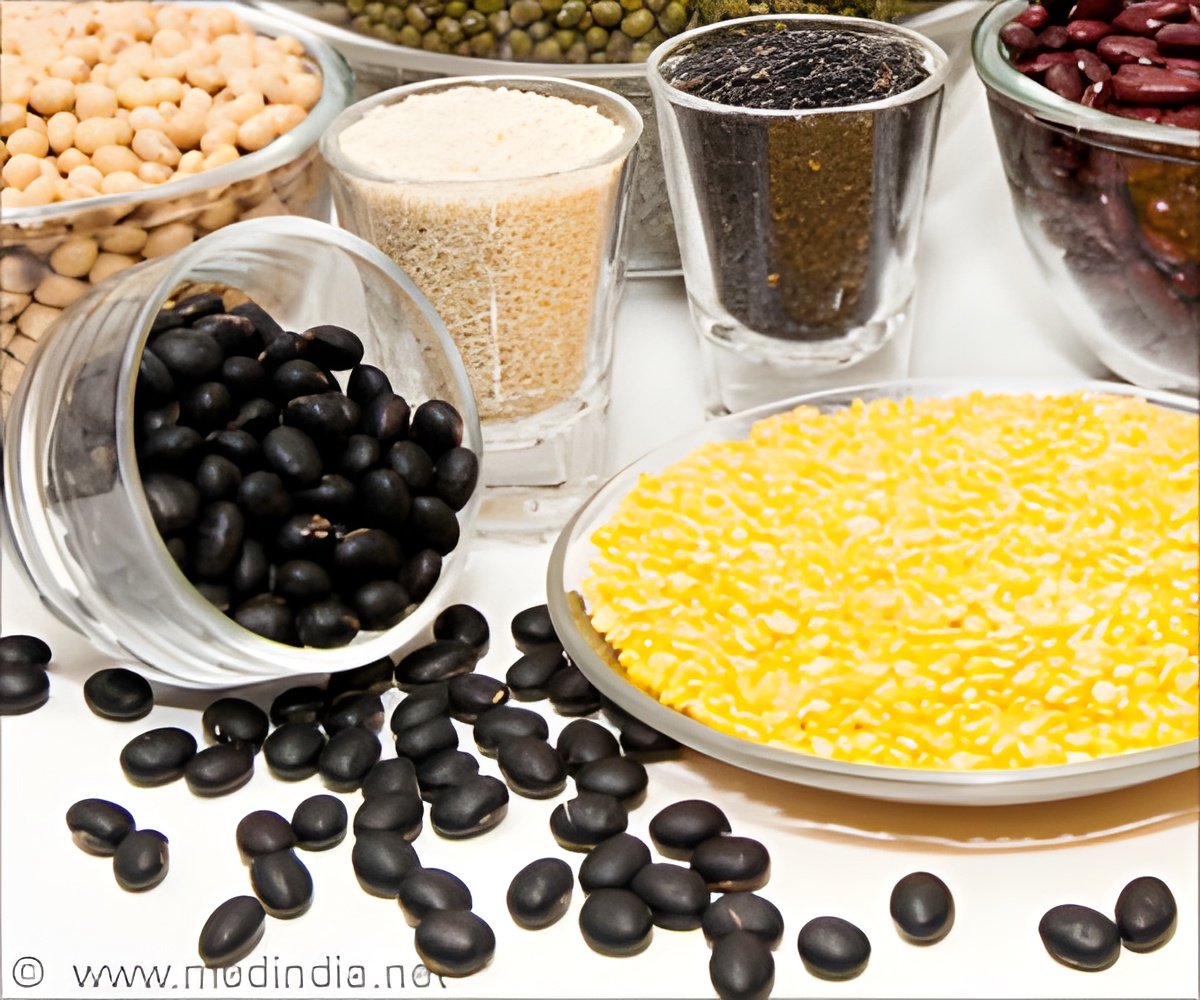Pre-winter months for hibernating animals are the time to accumulate enough energy reserves that can last until spring.

However, late-born dormice use bouts of torpor during the summer to "catch up" with their earlier-born counterparts. "The longer an animal stays in torpor, the more energy it saves", says Dr Sylvain Giroud (Research Institute of Wildlife Ecology, Austria), who led the study.
Torpor use was measured using temperature loggers placed in the nests of the animals which detected the sharp drop in body temperature which occurs in dormancy. Late-born juveniles entered into torpor more frequently and for longer periods, allowing them to achieve higher growth rates.
As a result, the late-born juveniles reached a similar size to the early-born dormice at the onset of winter. Torpor was also found to be a strategy used when food availability was limited. The researchers compared two groups of juveniles – one able to feed freely and the other intermittently fasted on alternate days. The fasted dormice showed considerably greater use of torpor, enabling them to maintain high growth rates and accumulate sufficient fat reserves.
"Torpor was only viewed as a means to save energy and water, but during the last decade other functions have emerged. These include slowing ageing processes, promoting growth during early life and fattening prior to hibernation" added Dr Giroud. "Juveniles have to reach a threshold of fatness in order to survive winter by hibernating. The more fat deposited, the more likely individuals will survive". Besides increasing the chances of survival over winter, reaching an optimal body size is also thought to favour reproductive success when the dormice emerge from hibernation during the spring.
Source-Eurekalert
 MEDINDIA
MEDINDIA




 Email
Email






